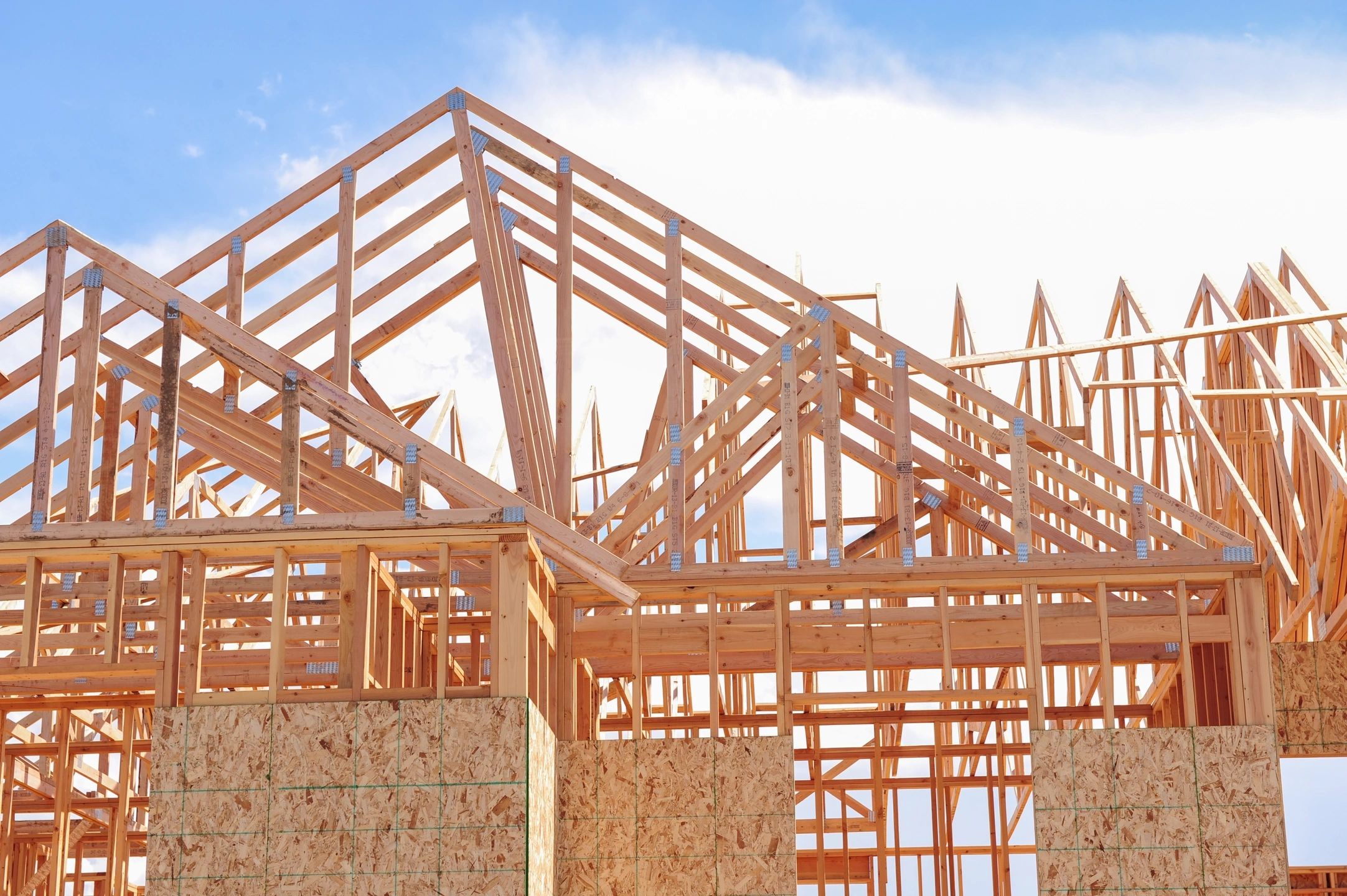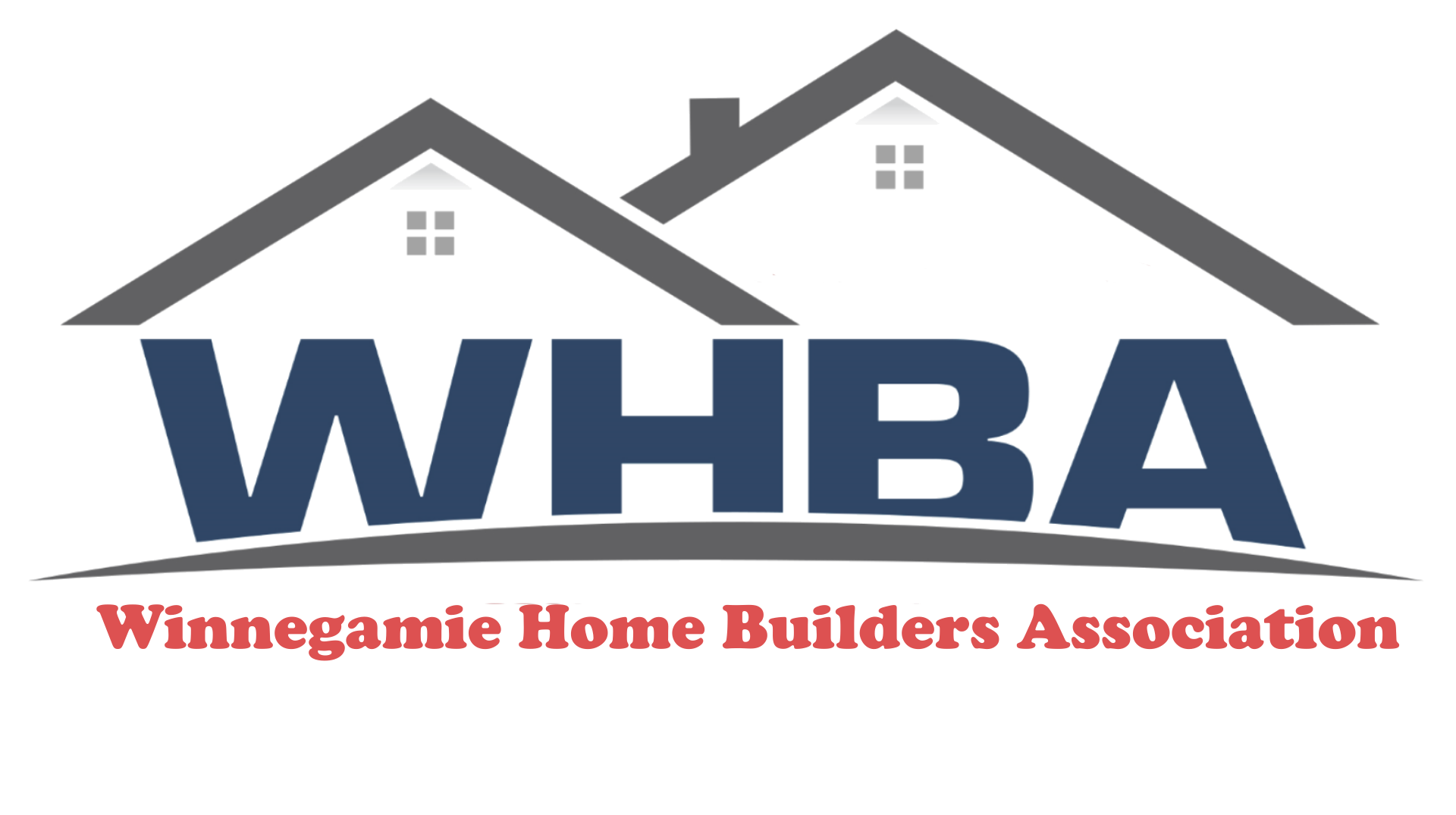
Should You Be Your Own Contractor?
January 3, 2020
Stages of Home Building
January 3, 2020Homeownership is the most significant investment most people make, and, when choosing to build your own home, the stakes are raised further. Which builder can I trust to build my dream home? Who will stick to vision, my time frame, and my budget? What should I know before signing a contract?
The Wisconsin Builders Association (WBA) has developed a list of important questions for consumers to ask any prospective home builder that can reveal a great deal about the builder’s quality, reputation, and trustworthiness before ground is broken.
For example, consumers should never be asked to pull building permits themselves, and should always ask a prospective contractor to present proof of their Dwelling Contractor Certification and Dwelling Contractor Qualifier Certification, two credentials required by Wisconsin law that prove a contractor is carrying the proper insurance and is up-to-date on the latest building practices.
Prospective contractors should also be willing to present a variety of references, including past clients and other companies they work with (e.g. local suppliers, banks, subcontractors), as well as show current projects they are working on, both completed and in progress. Consumers can also ask whether a prospective home builder has ever been sued, whether there are any liens against properties they have built, and whether they are a member of a trade association or hold other industry designations.
“While online reviews and personal referrals can give you great information, the critical questions you ask when you first meet with a builder can give you a far better impression of how that builder will work for you personally,” said the 2018 WBA President Steve Atkins.
The Wisconsin Builders Association (WBA) has developed a list of important questions for consumers to ask any prospective home builder that can reveal a great deal about the builder’s quality, reputation, and trustworthiness before ground is broken.
For example, consumers should never be asked to pull building permits themselves, and should always ask a prospective contractor to present proof of their Dwelling Contractor Certification and Dwelling Contractor Qualifier Certification, two credentials required by Wisconsin law that prove a contractor is carrying the proper insurance and is up-to-date on the latest building practices.
Prospective contractors should also be willing to present a variety of references, including past clients and other companies they work with (e.g. local suppliers, banks, subcontractors), as well as show current projects they are working on, both completed and in progress. Consumers can also ask whether a prospective home builder has ever been sued, whether there are any liens against properties they have built, and whether they are a member of a trade association or hold other industry designations.
“While online reviews and personal referrals can give you great information, the critical questions you ask when you first meet with a builder can give you a far better impression of how that builder will work for you personally,” said the 2018 WBA President Steve Atkins.
QUESTIONS TO ASK A CONTRACTOR
- Could you show me your Dwelling Contractor Certification and Dwelling Contractor Qualifier Certification cards?
- These certifications, issued by the Wisconsin Department of Safety and Professional Services (DSPS), are required by law. The company needs a Dwelling Contractor Credential; to get it, they must submit proof that they carry insurance and, if they have employees, that they pay into the Worker’s Compensation Fund. In order to pull a building permit in Wisconsin, an individual must also hold the Dwelling Contractor Qualifier Credential; that credential is tied to continuing education.
- Do you have a permanent business location?
- How long have you been in business?
- It usually takes three to five years to establish a financially sound business.
- How long have your tradespeople been working for you?
- Can I see other projects your company has done, both completed and in progress?
- If you choose to include the step of inspecting other projects, check for the quality of workmanship and materials, or take someone with you if you are not personally knowledgeable in this area.
- Can you provide names and phone numbers of past customers?
- Ask the references about the contractor’s timeliness, the quality of work, follow-up, and the general treatment they received as a customer. Ask if they would hire the same contractor again. Be wary of a contractor who offers only out-of-town references. Beware of a contractor who will not provide these references.
- Can you provide names and phone numbers of people with whom you work?
- (e.g., local suppliers, banks, subcontractors and consultants such as architects and engineers). Call these companies for references.
- Have you ever been sued?
- If so, did the contractor win or lose? Are any suits currently pending? Ask for explanations.
- Are there any liens against the properties you have built?
- Who supervises your construction?
- Whom will I be dealing with during construction? Will that person have the authority to make final decisions?
- Will you be providing me with a contract?
- A scope of work contract before any work is done will benefit both parties. Get all changes to the job in writing as well. Do not rely solely on verbal communication. Review the contract carefully. In addition, get a lien waiver from the contractor before you pay. This is proof of payment for all materials and labor. Do not pay any cash upfront unless you have signed a valid contract. WBA member builders have access to fully-vetted, regularly updated home construction and remodeling contracts.
- What type of warranty program do you offer?
- Warranties are generally a bundle of obligations taken on by the provider as part of the contract or imposed on the provider by law. Implied warranties exist for new home sales under Wis. Stat. § 706.10(7) and provide for warranty of workmanlike performance and of reasonable fitness for purposes. A full warranty generally means a defect will be fixed, free of charge, within a reasonable time. A limited warranty gives you anything less than a full warranty; (e.g., it may limit the types of repairs or may limit coverage to the initial owner). The warranty allocates the responsibilities of each party as to the maintenance and future repair of the work. Be sure your builder or remodeler offers a written warranty, and be sure you understand the exclusions section. Your builder should also give you a copy of Wisconsin’s “Right to Cure Law” brochure.
- Are you a member of a trade association?
- Membership in a local builders association is an indication of the contractor’s professionalism and interest in keeping up with the latest information, technology, materials, rules, and regulations.
- Do you hold any industry designations?
- The National Association of Home Builders (NAHB) offers Certified Graduate Builder (CGB), Graduate Master Builder (GMB) and Certified Graduate Remodeler (CGR) designations, among others.
- Have you won any awards?
QUESTIONS TO ASK YOURSELF & REMINDERS
- Never apply for a building permit yourself.
- Learn more about why a contractor should always pull building permits.
- Match your needs with the builder’s mode of operation.
- How much time do you want to invest in the home building process? Are you willing and able to research products, select material finishes, and sign off on all of the details? Are you looking for a lot of detailed woodwork in your new home? Are you less concerned with specialized craftsmanship and more concerned with building on a tight schedule, leaving the challenges and details to the contractor?
- Does this builder construct the type and size of the house you want to build? What does the contractor feel s/he excels at?
- Builders often have areas of expertise. If you want to build a house from stock plans for $150,000, don’t talk to a custom builder who designs $750,000 homes.
- Is the contractor submitting an unusually low-priced bid compared to others you’ve received?
- This may indicate inexperience or utilizing materials of lesser quality. Be cautious. It’s a dangerous situation if the contractor collects from you but cannot pay the suppliers from whom materials are purchased.
- Contact the Better Business Bureau to see if the business has a record of unresolved complaints.
- Don’t be pressured to decide.
- Take your time, get multiple bids and trust your instincts.
QUESTIONS TO ASK REFERRALS
- Was the builder accessible or hard to find during your project?
- Was the home completed when promised? If not, why not?
- Did the builder stay within your budget? If not, why not?
- Did the builder follow the plans and specifications, or did the builder make changes without consulting the architect or you?
- Were there any surprises, such as excessive change orders, or did the work go smoothly?
- How did the builder charge for change orders?
- Were the allowances adequate? Allowances are the builder’s estimates for costs for, as an example, carpeting. The builder may have based the allowance on the installation of medium-grade carpet. The homeowner may have wanted top-of-the-line carpeting throughout the home. Did the builder go over all of the lighting fixtures, flooring and cabinetry allowances, to be sure the builder’s estimate included enough money to ensure the quality the homeowner expected?
- Was follow-up on warranty work completed in a timely manner?
- Do the home’s mechanical systems (e.g., air conditioning, heating, plumbing and electrical) function well?
- Is the home energy efficient and are utility bills reasonable?
- Why did you choose this builder?
- Was the builder easy to work with?
- Did the builder supervise the job closely?
- Hiring a WHBA member is a smart choice


